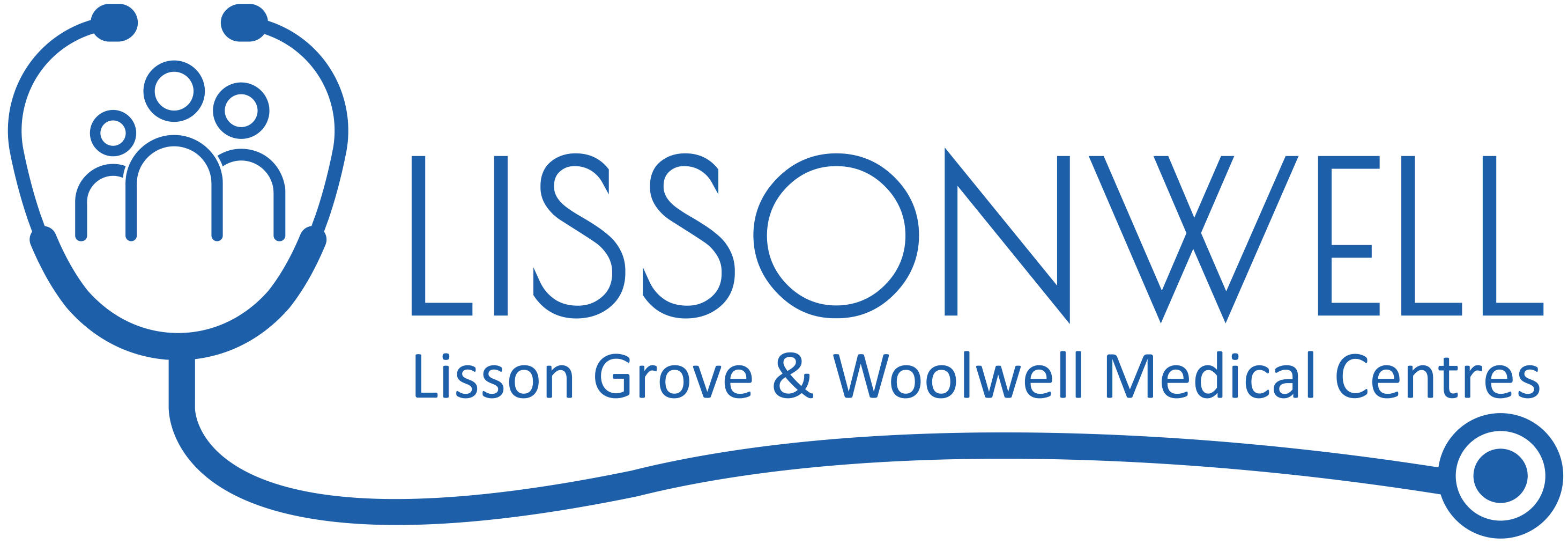Prescribing for Sleep and Insomnia
Practice Policy
Practice policy regarding sleeping tablets is that they will not be prescribed for acute (short term) illnesses, such as insomnia, and may only be prescribed in very exceptional cases. Our team agree that hypnotic medication should be avoided whenever clinically possible due to potential for significant adverse effects.
Instead, your doctor, nurse or pharmacist can give you advice on how to tackle poor sleep without drug intervention. Advice might include reducing the intake of stimulants (e.g. caffeinated substances), referal to a therapy service, an increase of exercise or suggestions to improve sleep hygeine.
As a practice we also suggest many self-help options, including useful resources such as: ‘Overcoming Insomnia and Sleep Problems: A Self-Help Guide Using Cognitive Behavioural Techniques’ 26 Jan. 2006
Why we don’t prescribe sleeping tablets
Sleeping tablets may cause significant problems, which include:
- Drowsiness and clumsiness. People taking sleeping tablets are known to have more accidents (e.g. falls and car-related incidents), therefore it may not be safe to drive or operate machinery.
- Older people taking sleeping tablets have an increased risk of falling and sustaining bone fractures (e.g. hip injury).
- Mood and mental changes. Some people can become aggressive, confused, forgetful or depressed.
- Rapid decrease in effectiveness over a short period of time
- Dependence and tolerance. Your body may rapidly get used to the effect of sleeping tablets; hence they may fail to help if you keep taking them.
- Some people may become addicted to sleeping tablets (i.e. dependence problems), which implies that withdrawal symptoms will occur if the medicine is stopped suddenly. Typical withdrawal symptoms include anxiety, panic attacks, sweating, headaches and shaking.
- Other symptoms may include the inability to sleep, sickness or being oversensitive to light and sound
Advice if a sleeping tablet is prescribed
In the rare instance a sleeping tablet is prescribed, it will usually only last a short and specified period (a week or so). Please do not ask for more, or for it to be added to your repeat prescription.
- If you feel drowsy the next day, do not drive or operate machinery.
- Avoid alcohol
- Never give your sleeping tablets to anyone and always keep them in a safe place (such as in a locked cupboard)
- These medications can cause impaired driving skills and may affect safe driving. You must inform DVLA who will assess if you are medically unfit to drive. Failure to notify the DVLA is a criminal offence that may lead to a fine of up to £1000
We advise everyone who regularly uses sleeping tablets to consider reducing or stopping them, this must only ever be done safely with advice from your doctor, do not stop taking your medication suddenly, always ensure you contact us before you change your routine.
Useful NHS Links for Insomnia
- More about insomnia: https://www.nhs.uk/conditions/insomnia/
- Good sleep hygiene: http://www.nhs.uk/Conditions/Insomnia/Pages/Prevention.aspx
- Sleeping well leaflet: www.rcpsych.ac.uk/healthadvice/problemsdisorders/sleepingwell.aspx
- Mind: Sleeping pills and minor tranquillisers: https://www.mind.org.uk/information-support/drugs-and-treatments/sleeping-pills-and-minor-tranquillisers/sleeping-pills/#.XeJN1jL7Qkg

